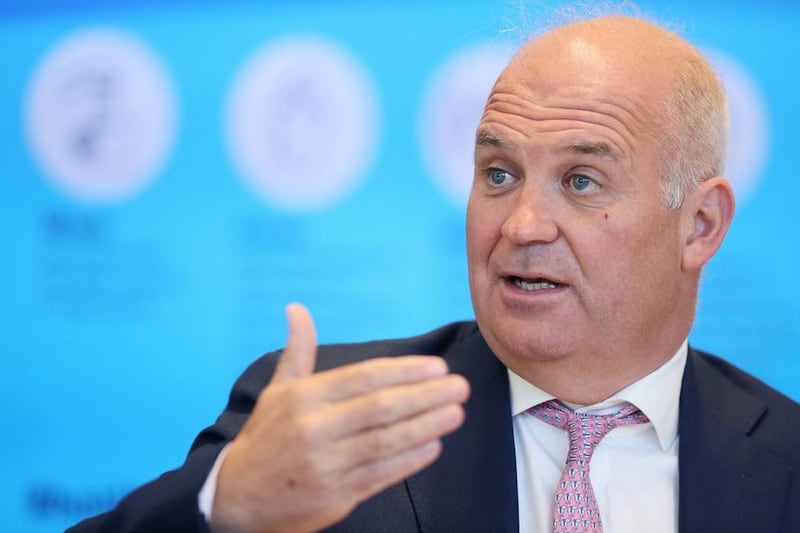The Republic of Ireland’s chief medical officer has urged hairdressers to resist the temptation to offer black market cuts.
Dr Tony Holohan also asked people not to seek out the services of hairdressers while they are not permitted to open.
Under the Government’s recovery plan, hair salons and barbers will not be able to open until phase four, which is anticipated to commence on July 20.
On Wednesday, the incoming president of the Irish Hairdressers Federation said people are offering to pay up to four times the normal price for a haircut.
Danielle Kennedy told RTE a black market has “erupted” since the recovery plan was published, with hairdressers being offered up to €200 for haircuts that would usually cost between €40 to €50.
Google Trends revealed the top ten most googled questions posed to the search engine by people in the Republic from May 1-4. Topping the list was the question as to when hairdressers will reopen in the south.
Dr Holohan was asked about the development at the daily Covid-19 briefing.
“The reason why we have identified that kind of activity as a measure for a later stage in terms of possible easing of restrictions is because that activity involves close touching of individuals so people who provide those services are obviously in close contact with individuals and that increases the risk of transmission,” he said.
“Certain kinds of work that we have identified are associated with lower risk, where your work does not involve, for example, working with other people or does not involve work that involves touching other people.
“But being involved in that industry does involve touching of individuals, it increases the risk of transmission of infection. It is a more risky behaviour.”
He added: “So I would appeal in two ways.
“First of all, to people who are either in that industry as employers or as providers of that service to remember those risks and the importance of protecting the health and well-being of the employees who would work in the provision of those services.
“And then second of all is to people who might seek out those services for very understandable reasons that by doing so it’s introducing a potential risk at an earlier stage that we think is safe to do so.”








